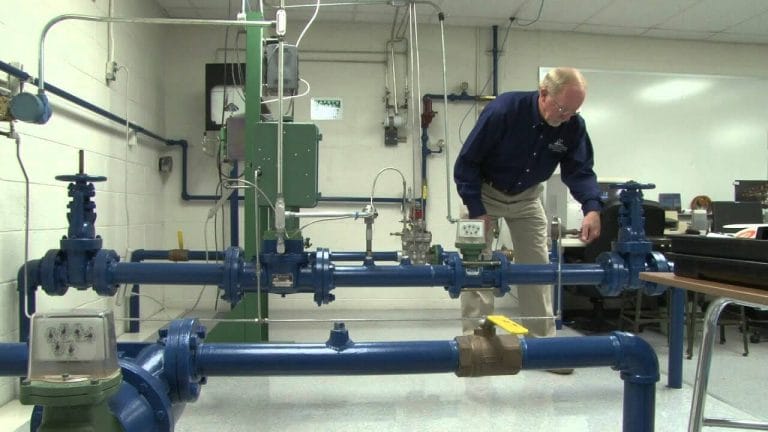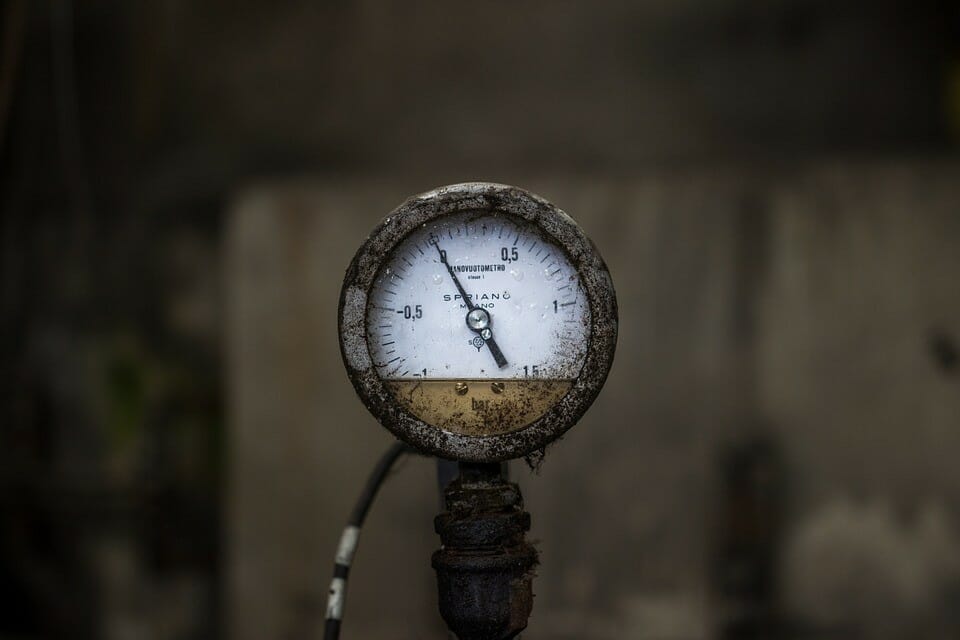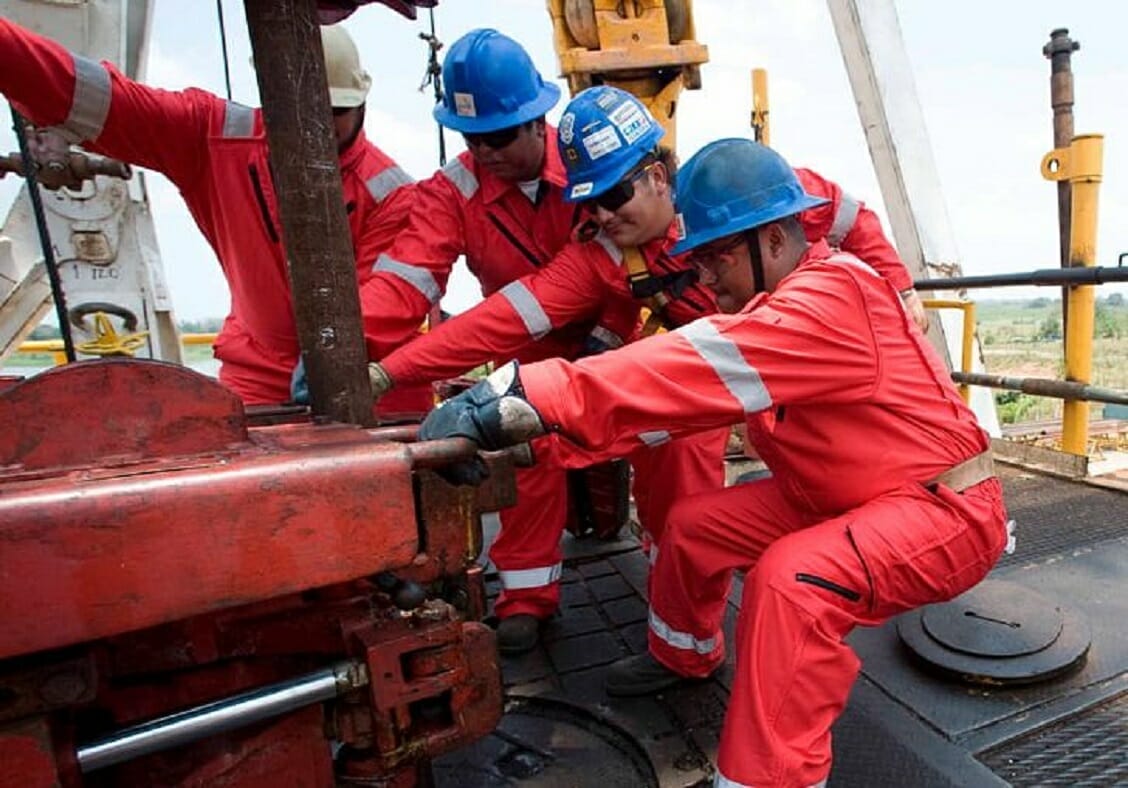The world around us relies heavily on energy. Being a key component of manufacturing and production, energy needs to be secured for affordable supply to consumers, while reducing environmental impacts. This is what petroleum engineering is all about.
In a narrower sense, petroleum engineering is concerned with the design and development of methods for extracting oil and gas from deposits below the Earth’s surface. This field deals with the activities related to the production of hydrocarbons, which can either be crude oil or natural gas. It is this study that evaluates petroleum resources.
Source: WOUB Public Media at Ohio University
Petroleum engineers usually design equipment to extract oil and gas in the most profitable way, develop means to force out oil by injecting water, chemicals, gases, or steam into an oil reserve, and evaluate the production of wells through testing and surveys. It is also the duties of petroleum engineers to use computer-controlled drilling or fracturing, and make sure that oil field equipment are installed, operated, maintained properly. The field overlaps with many of the engineering fields such as mechanical, chemical and civil engineering.

The profession can be divided into several groups. Petroleum geologists find hydrocarbons by analyzing subsurface structures with geological and geophysical methods, while reservoir engineers are in-charge of optimizing the production of oil and gas via proper well placement, production levels and enhanced oil recovery techniques. On the other hand, production engineers take over wells after drilling is completed, who typically monitor wells’ oil and gas production; and drilling engineers determine the best way to drill oil or gas wells.
In 2014, there are about 35,100 jobs for petroleum engineers. About 45% of those went to the oil and gas extraction industry, while 16% were in the support activities for mining. Only 9% of those jobs were in the management sector of companies and enterprise, with another 9% for petroleum and coal products manufacturing, and only 4% in engineering services.
















